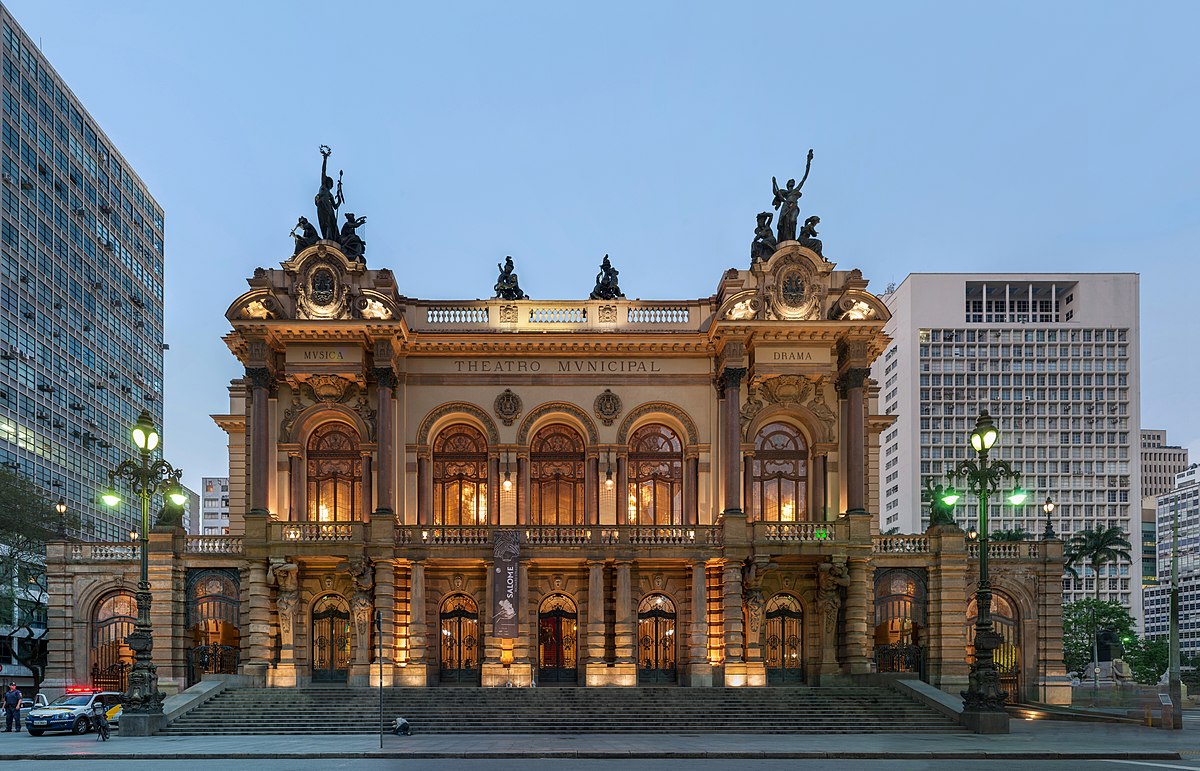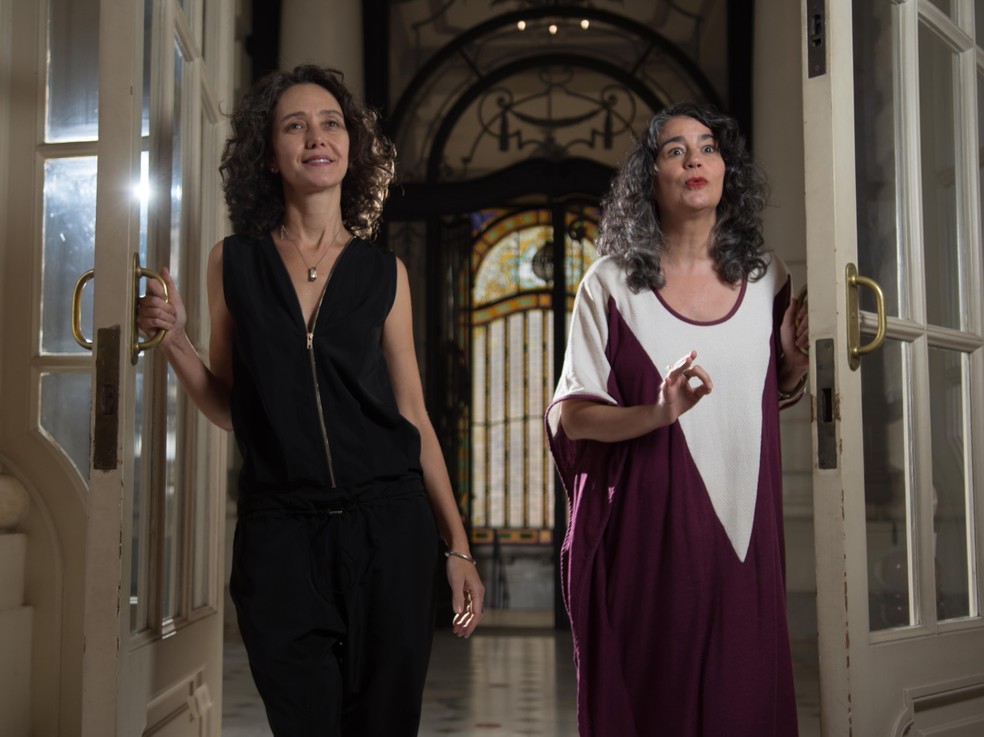RIO DE JANEIRO, BRAZIL – Inaugurated on September 12, 1911, the São Paulo Municipal Theater – an architectural landmark of the city and one of the main lyric stages in the country – will celebrate its 110th anniversary in the midst of the covid-19 crisis, with sanitary restrictions limiting the artists’ activities and reducing its capacity to hold the public.
But this is not the first pandemic the Municipal is facing. The theater had been in operation for seven years when the Spanish flu reached the country in September 1918, aboard the ship Demerara, coming from Europe. In the following two years, until 1920, the disease would kill more than 35 thousand Brazilians, about 5 thousand in São Paulo alone.
Under new direction since last month, the Municipal Theater had to be meticulous to face one of the worst crises in its 110-year history.
The cultural complex has a guaranteed monthly income of R$10 million (US$1.8 million) paid by City Hall. Until the pandemic, the rest of the monthly budget of about R$12 million came from box office fees charged at the plays staged in the space.

With the social isolation measures and the complete closure of the stage for 12 months, the complex was left with its accounts in the red. To make matters worse, the budget is tight: the six artistic groups of the Municipal employ more than 270 professionals who were prevented from working during the pandemic.
And the building, which is protected by all the authorities, could not be left without maintenance. “As it is a very specialized service, these bodies cannot be shrunk and enlarged according to the demand for performances. It wouldn’t make sense. And I can’t economize on firefighters or the quality of programming,” says Alessandra Costa, executive director of Sustenidos, a social organization appointed to run the venue.
Still operating at 30% capacity and with no prediction of when the box office revenue will return to its full potential, Costa worked on several fronts to settle the institution’s accounts, which, in addition to municipal transfers and the box office, depends on fundraising to close withouy a deficit.
As it manages other contracts and the Municipal, Sustenidos started to divide the leadership positions among them, besides keeping the home office of a good part of the workforce to save money. On another front, that of revenue, Costa bet on creativity.

One idea that came out was to reactivate the charge for parking at the Paço das Artes, a cultural structure attached to the City Hall frequented by many public employees from nearby departments.
In recent years, business people have disappeared from the venue due to constant changes in management and accusations of irregularities in the use of public money in past administrations. In parallel, Costa is resuming contact with companies searching for sponsorship for the opera seasons presented there.
In these negotiations, the Municipal’s trump card is Fantasmagoria, a mixture of a show, exhibition, and guided tour with performances by guest artists. All this is signed by Daniela Thomas and Felipe Hirsch, two exponents of contemporary Brazilian audiovisual production.
Costa’s show, it seems, has started well.

